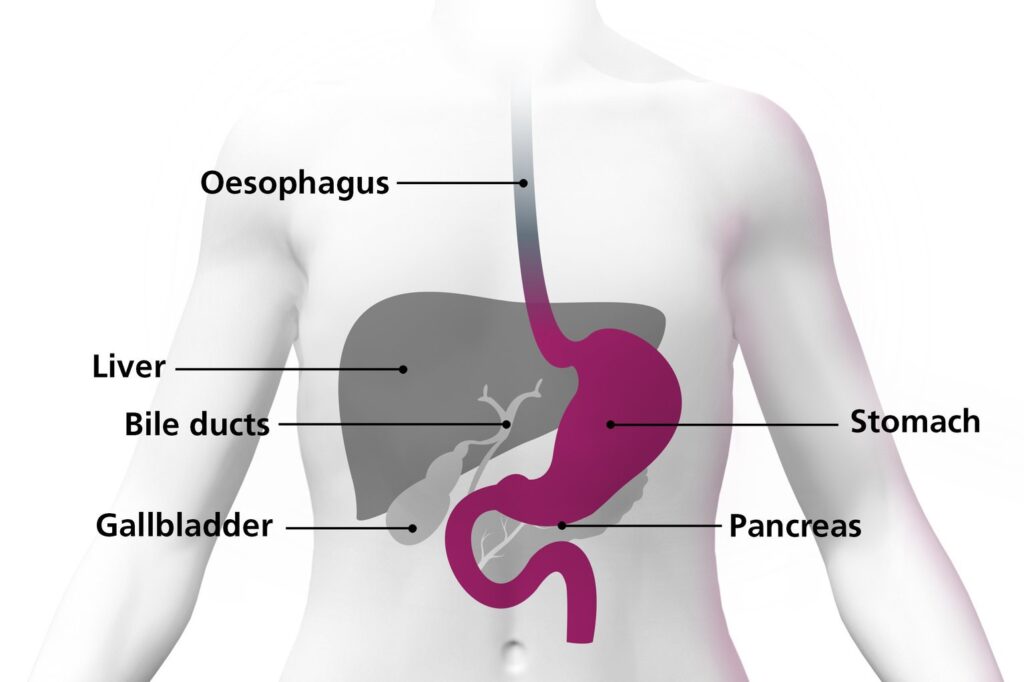Gastrectomy
Gastrectomy is a surgical procedure that involves the partial or total removal of the stomach. This surgery is often performed to treat various stomach-related conditions, including cancer, ulcers, or severe obesity. The type of gastrectomy performed depends on the condition being treated and its severity.
Types of Gastrectomy:
-
Partial Gastrectomy:
- Procedure: Only a portion of the stomach is removed, usually the lower half (distal gastrectomy) or the upper portion (proximal gastrectomy).
- Indications: Used to treat conditions like stomach ulcers, localized tumors, or non-cancerous growths.
- Reconstruction: After the removal, the remaining part of the stomach is reattached to the small intestine (Billroth I or Billroth II procedures).
-
Total Gastrectomy:
- Procedure: The entire stomach is removed.
- Indications: Primarily used for treating stomach cancer that involves large portions of the stomach or for diffuse gastric cancer.
- Reconstruction: The esophagus is directly connected to the small intestine, allowing food to pass through the digestive tract.
-
Sleeve Gastrectomy:
- Procedure: A large portion of the stomach is removed, leaving a sleeve-shaped section.
- Indications: Commonly performed as a weight-loss surgery (bariatric surgery) for severe obesity.
- Outcome: Reduces the size of the stomach, limiting food intake and promoting weight loss.
Indications for Gastrectomy:
- Stomach Cancer: To remove malignant tumors.
- Severe Peptic Ulcers: Especially when complicated by bleeding or perforation.
- Benign Tumors or Polyps: Non-cancerous growths that cause symptoms or have malignant potential.
- Obesity: Sleeve gastrectomy is often part of a bariatric surgery plan.
- Gastroparesis: Severe, treatment-resistant delayed stomach emptying.
Procedure Overview:
- Anesthesia: General anesthesia is used during the surgery.
- Surgical Approach: The procedure can be performed through traditional open surgery (larger incision) or laparoscopically (minimally invasive, with small incisions).
- Duration: The surgery typically lasts several hours, depending on the extent of the operation.
- Hospital Stay: Patients usually stay in the hospital for about a week, but this can vary based on the type of gastrectomy and individual recovery.
Recovery:
- Initial Phase: Postoperative recovery involves gradually reintroducing liquids and soft foods. Patients will receive nutrition through a feeding tube or IV initially.
- Dietary Changes: Long-term dietary changes are necessary. Patients may need to eat smaller, more frequent meals and avoid certain foods that are difficult to digest.
- Vitamin and Mineral Supplements: Since the stomach plays a role in absorbing certain nutrients (like Vitamin B12), supplements may be necessary.

Anesthesia
General
————————-
Hospital Stay
5 Days
————————-
Duration Of Operation
5 hours
————————-
